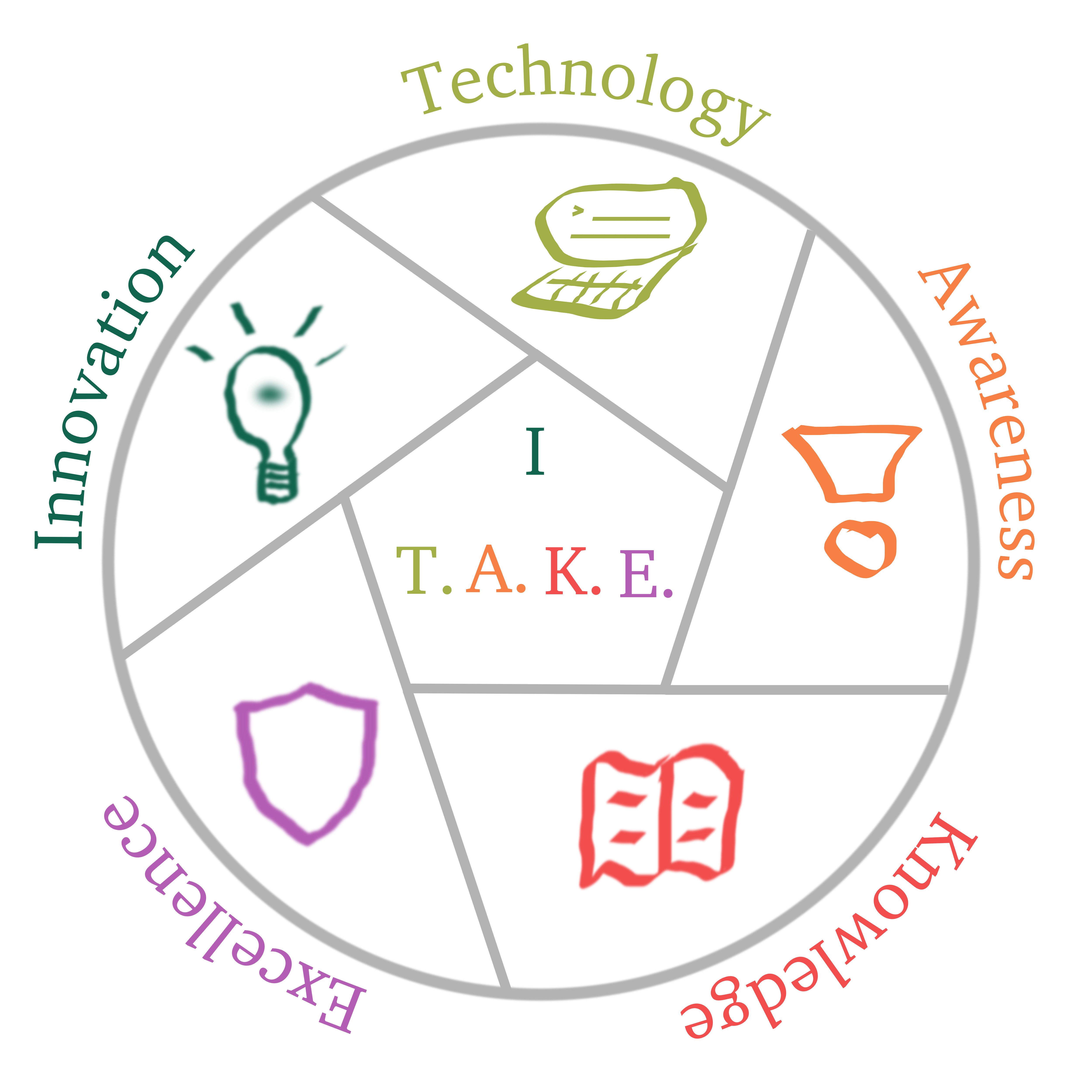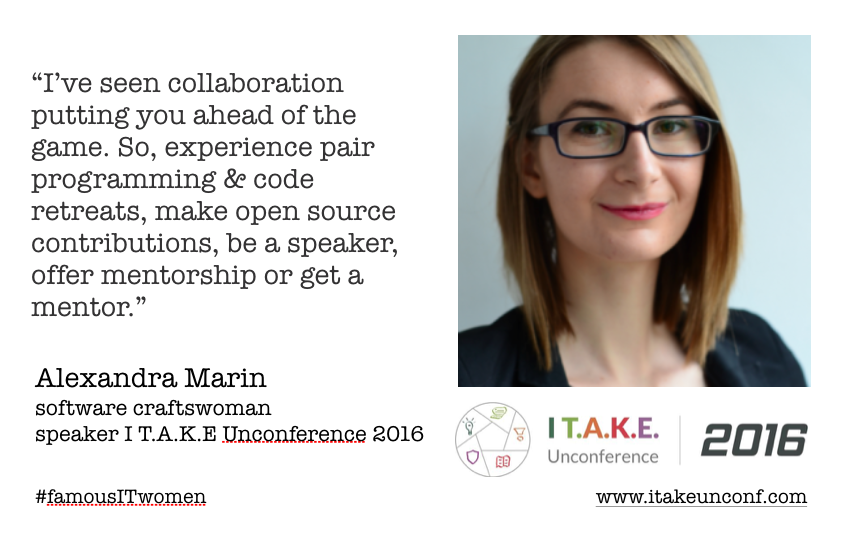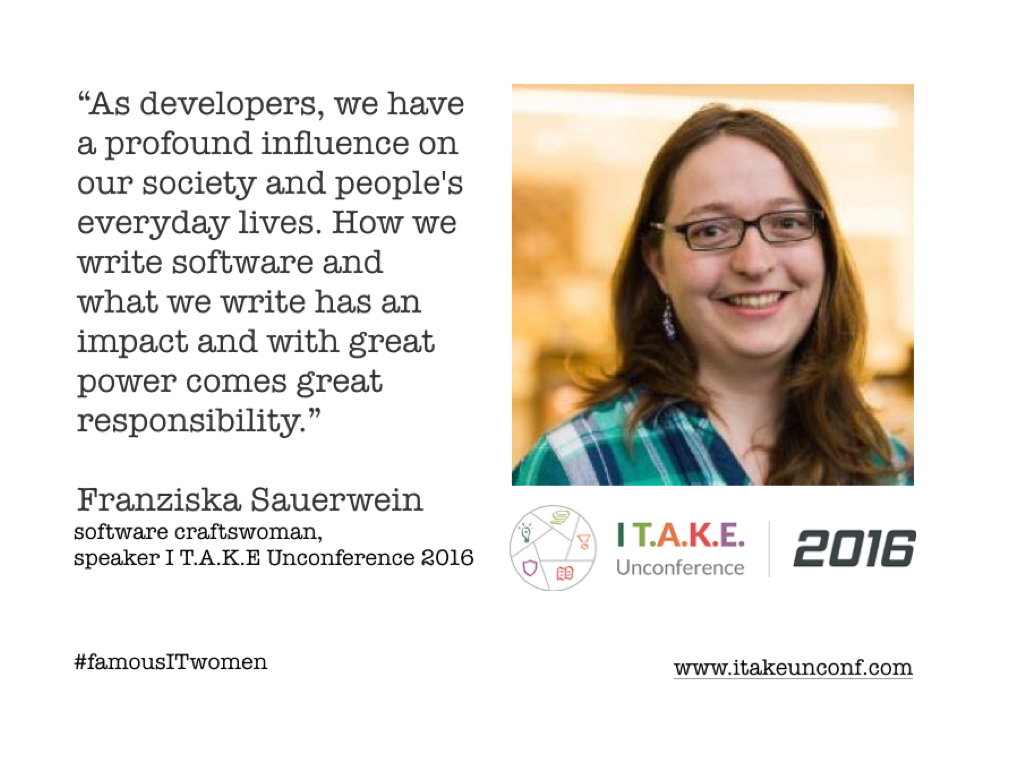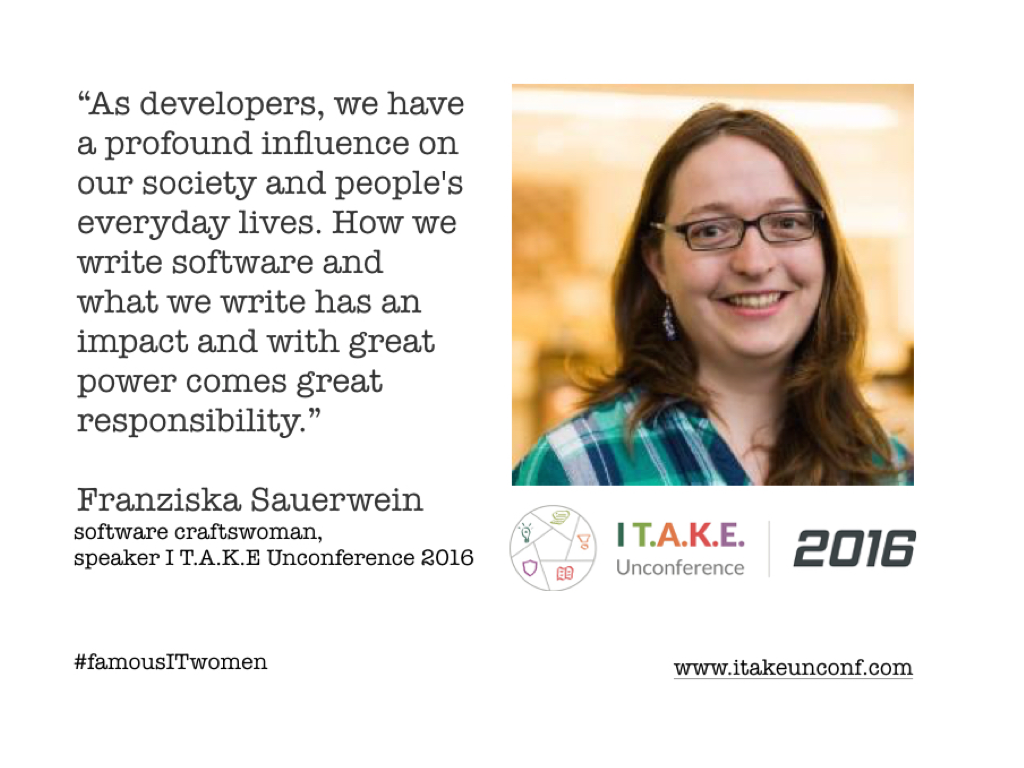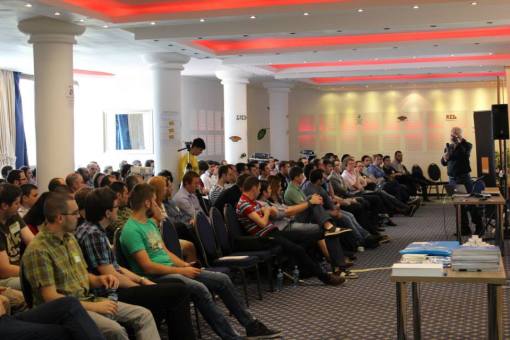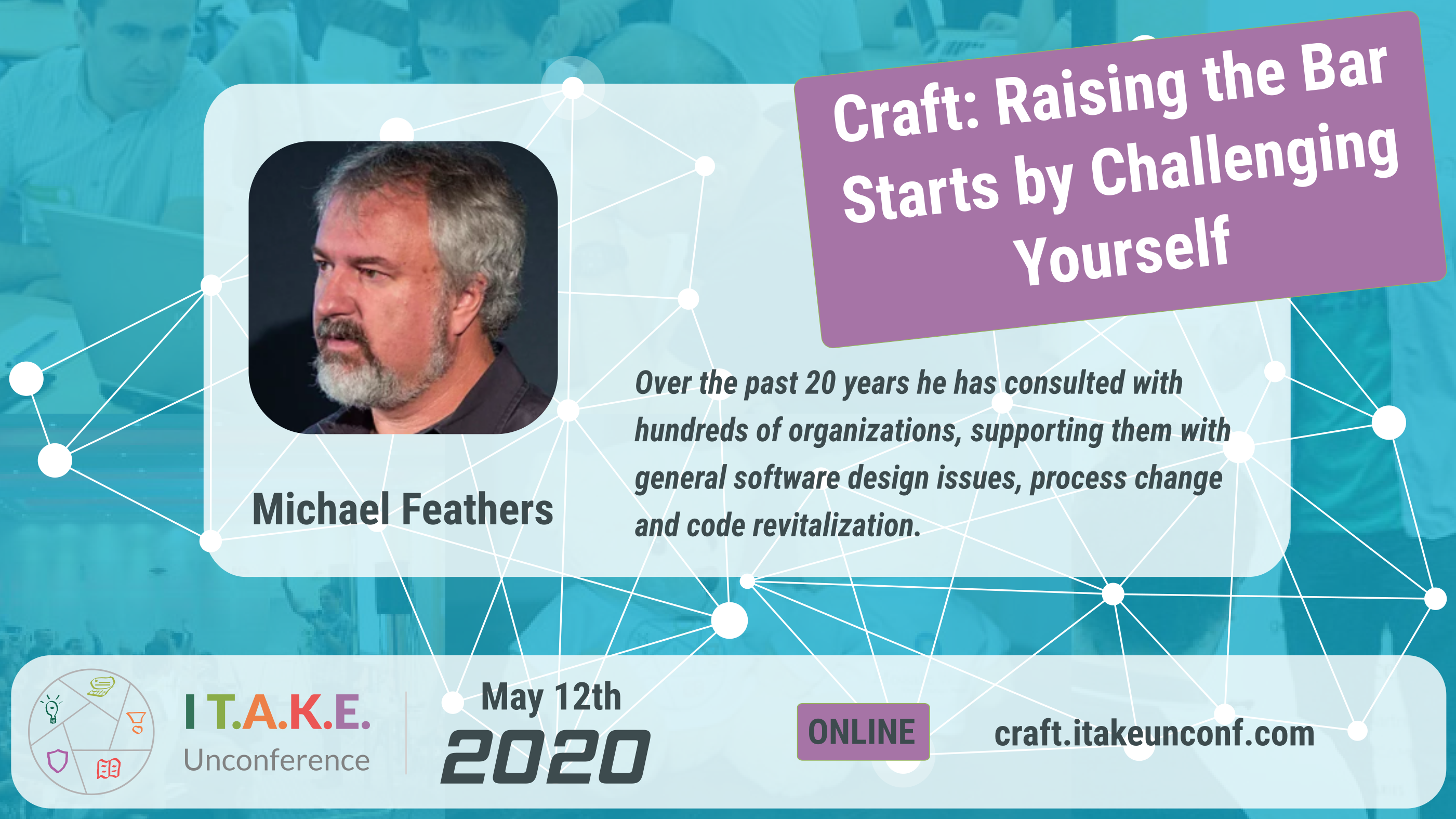
“For as long as I can remember, I’ve been interested in why things are the way that they are. Over time, that intense curiosity has driven me to learn as much as I can about object orientation and software development in general. I like to find out what works, and what doesn’t and tell people about the boundary conditions.“
Michael Feathers is the Founder and Director of R7K Research & Conveyance, a company specializing in software and organization design.
Over the past 20 years, he has consulted with hundreds of organizations, supporting them with general software design issues, process change, and code revitalization.
Prior to that, he was the Chief Scientist of Obtiva and a Senior Consultant with Object Mentor International. Later on, he became a Member of the Technical Staff at Groupon.
Michael introduced a definition of legacy code as code without tests, which reflects the perspective of legacy code being difficult to work with in part due to a lack of automated regression tests. He also defined characterization tests to start putting legacy code under test.
Over the years, Michael has spent a great deal of time helping teams after design over time in code bases.
A frequent presenter at national and international conferences, Michael is the author of the book Working Effectively with Legacy Code (Prentice Hall, 2004) and also has written a tool that creates FeatureDiagrams for Java classes.
Curious to hear one of Michael’s latest talks? Join us on the 12th of May at the 8th edition of I T.A.K.E. Unconference.
